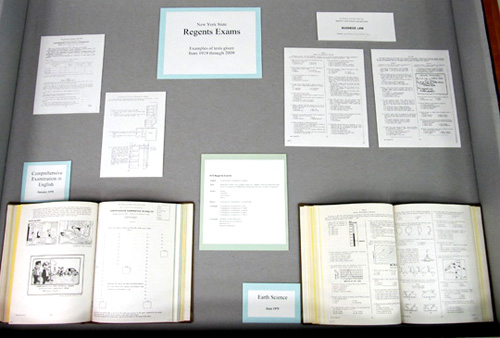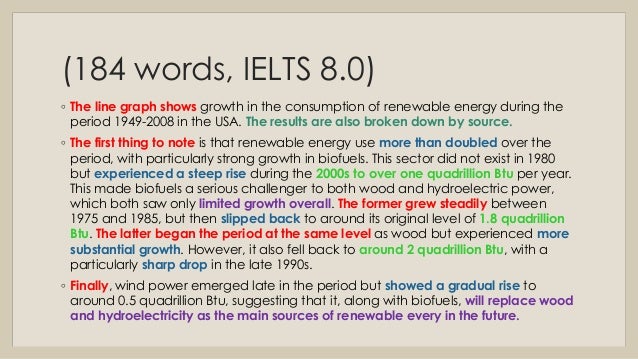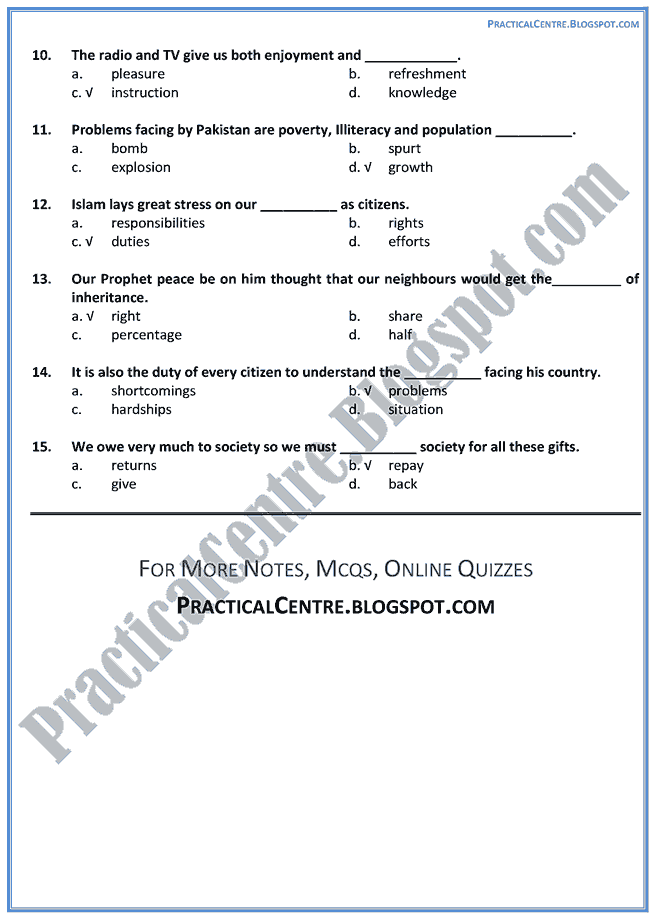Essay on Aristotle's Notion on Eudaimonia and Virtue.
Aristotle believes that virtue is most important to eudaimonia, because eudaimonia involves activity which is exhibiting excellence or virtue. Eudaimonia will be gained when something is developed properly. To exhibit something well one must do it with excellence; therefore eudaimonia is dependent on virtue. In order to live a happy life a person must be virtuous, and in order to be.
Aristotle Essay Examples. To torture or not to torture prisoners. I disagree with a member who advocates that Kantian duty-based ethics should be used in defining the morality of torture for the prisoners. According to this theory, the right reason defines the morality of any action. Accordingly, right reason may vary among individuals. While some may find it rightful to subject a prisoner.
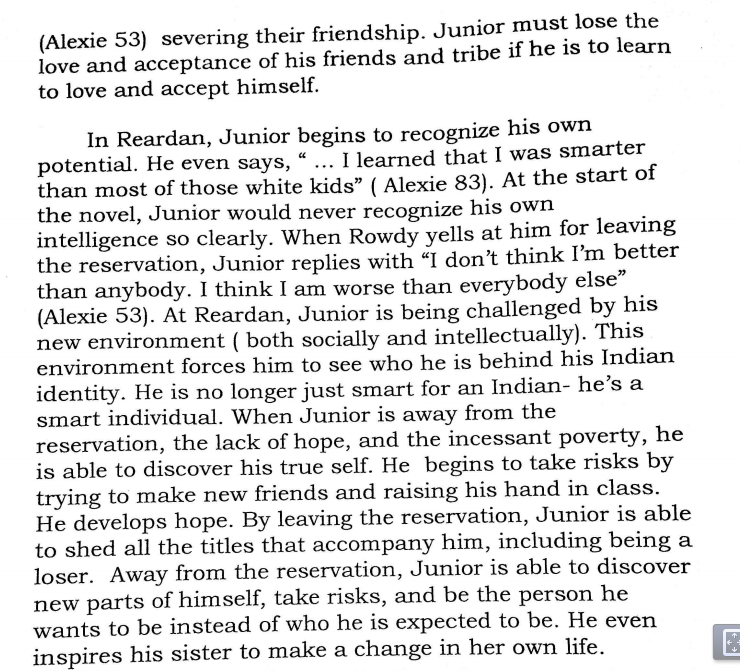
This conception of eudaimonia derives from Aristotle's essentialist understanding of human nature, the view that reason (logos sometimes translated as rationality) is unique to human beings and that the ideal function or work (ergon) of a human being is the fullest or most perfect exercise of reason. Basically, well being (eudaimonia) is gained by proper development of one's highest and most.

Free Essays on Eudaimonia. Search. A critical examination of Aristotle’s concept of happiness. happiness In the essay Aristotle’s concept of eudaimonia will be dicussed. The starting point for the essay give an overview Aristotle think he has demonstrated that the ultimate goal is happiness. Then I will move on to explain the criteria for eudaimonia specifically completeness and self.

According to Aristotle, eudaimonia is perfect and self-sufficient, that is eudaimonia by itself makes life desirable and is in no way deficient. Eudaimonia is the end to which our actions are directed, pleasure and pain being the standards by which we regulate our actions. Virtuous actions are pleasurable in themselves. Eudaimonia is acquired through moral goodness, which is the result of.

Eudaimonia in Aristotle's Nicomachean Ethics Carolyn Ray Forum: Independent Study on Aristotle's Nicomachean Ethics, Indiana University, 1989 Director: Dr. Michael Morgan, Ancient Philosophy This piece is the one of a set of three papers written for an independent study undertaken during the author's second year in graduate school, the first tentative foray into Aristotle's ethics.
Aristotle The determination of human behavior and how they are acquired by individuals is very controversial. While certain scientist believe that hereditary is the sole contributor to the behavior and personality of individuals, other philosophers have often disagreed with this idea stating that it is the environment that determines an individual behavior.

For Aristotle, eudaimonia is the highest human good, the only human good that is desirable for its own sake (as an end in itself) rather than for the sake of something else (as a means toward some other end). According to Aristotle, every living or human-made thing, including its parts, has a unique or characteristic function or activity that distinguishes it from all other things. The highest.
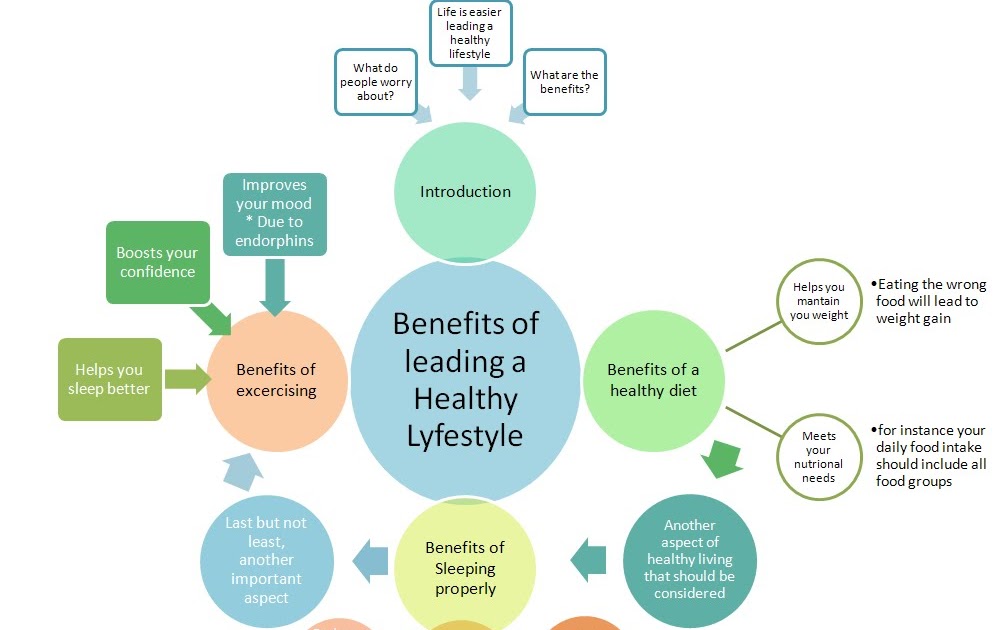
Aristotle holds that Eudaimonia involves a synergy, which comprises of both well acting and well feeling. This means that; an individual can only act well when he or she feels well. The idea behind Eudaimonia is concerned with a good feeling derived from acting well. This feeling can be attained when an individual experiences a warm glow. Contrarily, Aristotle is not a Hedonist, because he.

In the Nichomachean Ethics, Aristotle develops a theory of the good life, also known as eudaimonia, for humans. Eudaimonia is perhaps best translated as flourishing or living well and doing well. Therefore, when Aristotle addresses the good life as the happy life, he does not mean that the good life is simply one of feeling happy or amused. Rather, the good life for a person is the active life.

Aristotle 384 B. C.-322 B. C. Greek philosopher and scientist. GENERAL INTRODUCTION. Aristotle wrote on a multitude of topics including metaphysics, biology, psychology, logic, and physics.

Eudaimonia and happiness are often thought of as synonyms, but this is a clear and common misconception. Happiness only makes up a piece of eudaimonia. Only after a life of happiness will one achieve a state of eudaimonia, or the ultimate good, which is only determined after death. Eudaimonia is also often compared to hedonism, but, again, this is a misunderstanding. Hedonism is self centered.
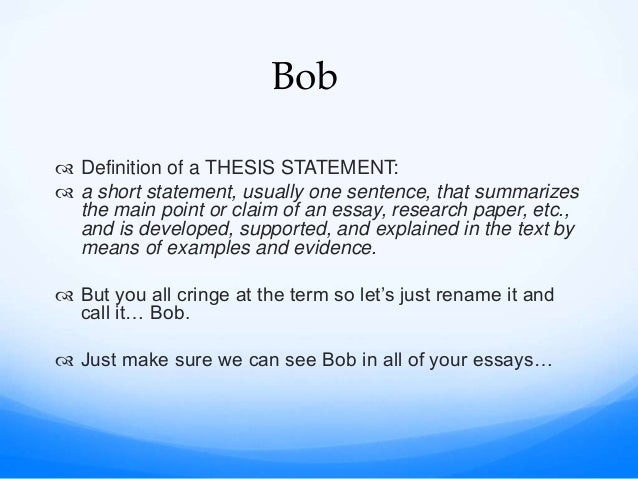
Aristotle was born in the small Greek town of Stagiros in the northern Greek district of Chalcidice. Influenced by his father, the physician Nicomachus, Aristotle developed an early interest in science. Aristotle spent nearly 20 years at Plato's Academy, first as a student and then as a teacher. As a student of Plato he formed a love of.
